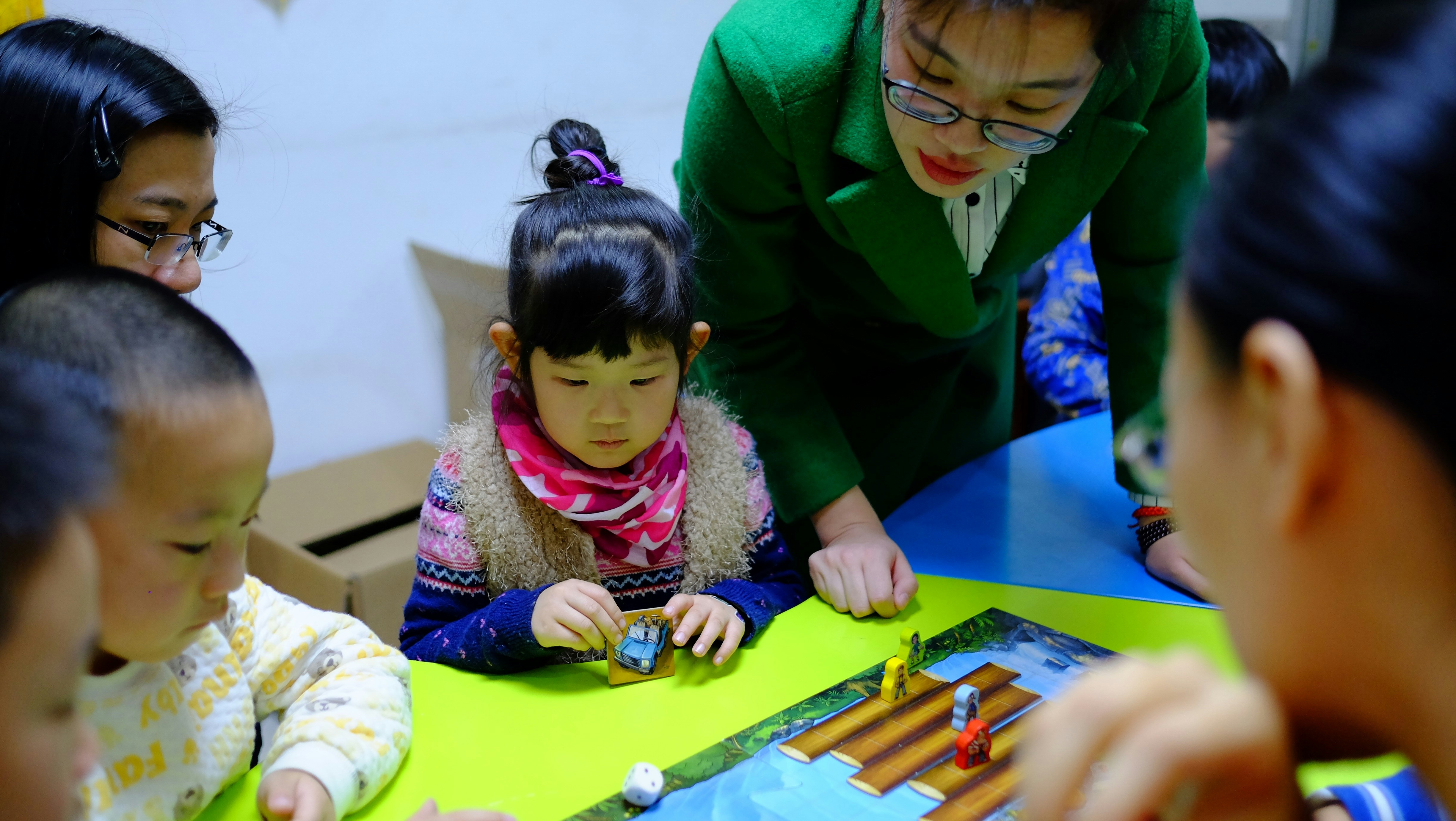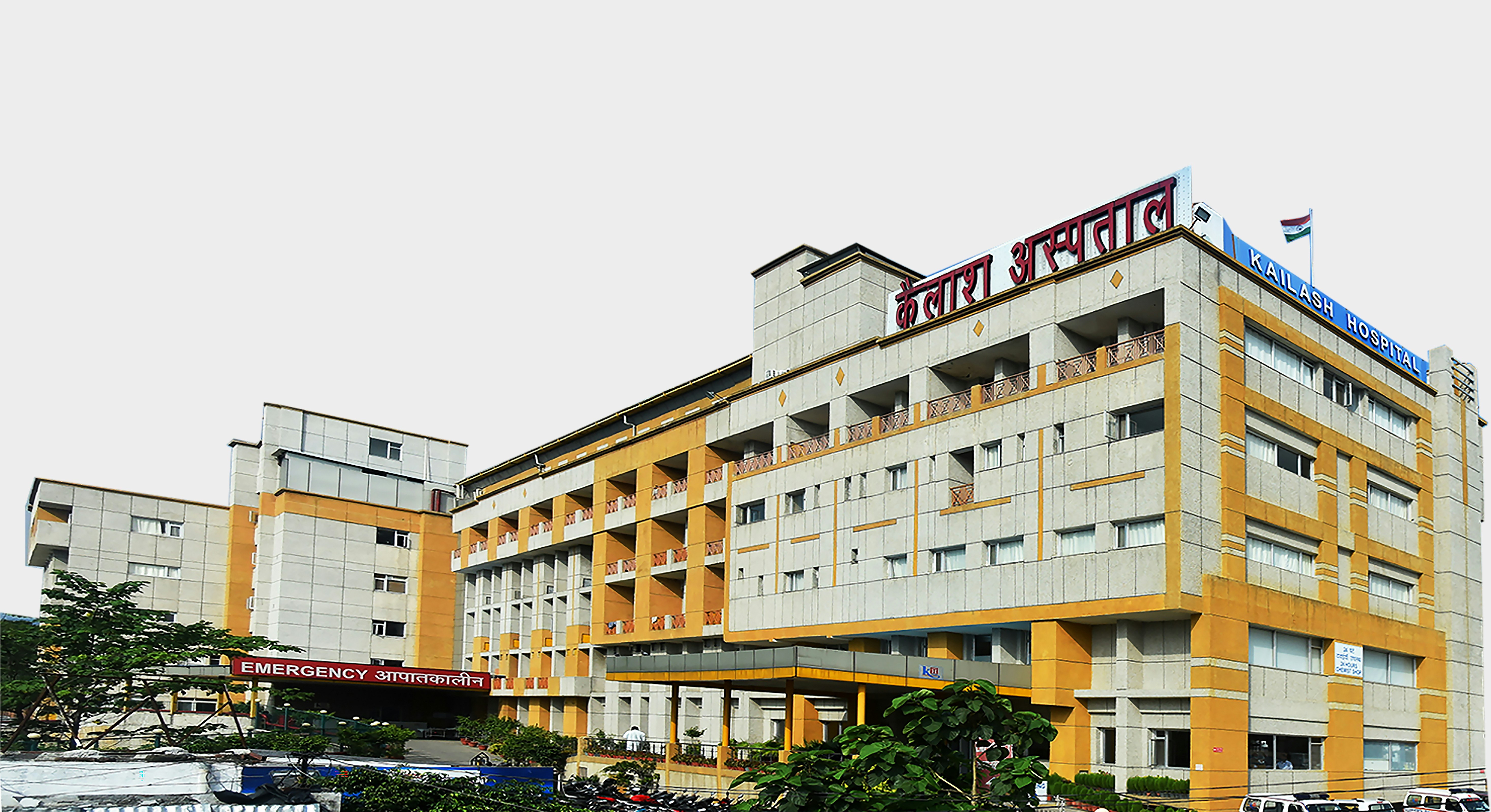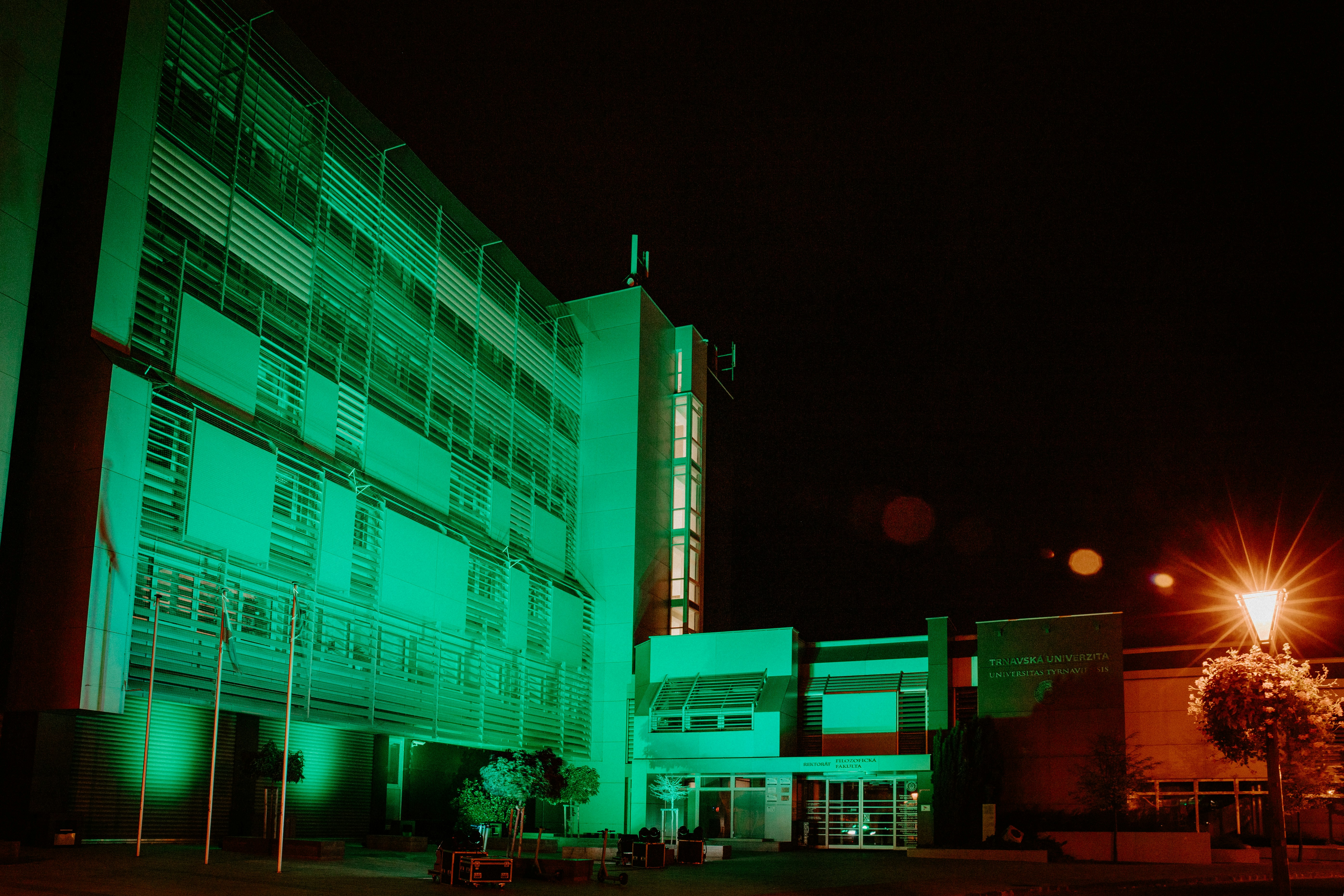Autism Testing Centers In South Carolina: Where To Get Tested

Getting tested for autism can be a life-changing step — whether you’re a parent searching for answers about your child, a teen facing challenges in school, or an adult finally making sense of lifelong differences.
Autism testing isn’t about putting a label on someone — it’s about gaining understanding. The right diagnosis can open the door to therapies, services, and supports that make daily life, communication, and independence easier.
Who Should Consider Getting Evaluated
Autism can look different from person to person. Some may find social situations overwhelming, struggle with changes in routine, or be sensitive to sounds and textures. Others may have trouble expressing emotions or understanding social cues.
If you or someone you love shows signs of autism — at any age — getting evaluated is a proactive and empowering first step.
In South Carolina, you’ll find a variety of trusted autism testing options — from specialized children’s clinics to centers focused on adult evaluations, as well as university programs offering more affordable services.
This guide will help you choose the right path based on your age, location, and needs — so you can move forward with clarity and confidence.
Types of Autism Testing Services in South Carolina
Not all autism testing looks the same. The process can vary depending on your age, symptoms, and whether you’re looking for a quick screening or a full diagnostic evaluation. Here’s a simple breakdown of the types of autism testing services available in South Carolina:
Diagnostic Evaluations for Children
For young children, early diagnosis is key. These evaluations are often done by a team that may include child psychologists, speech-language pathologists, or developmental pediatricians. The goal is to carefully observe your child’s behavior, communication, and play — and compare it to typical developmental milestones.
What it includes:
- Parent or caregiver interviews
- Play-based assessments
- Speech and language testing
- Observation of social and emotional skills
These evaluations help parents understand whether their child is on the autism spectrum and what kind of early interventions or support would be most beneficial.
Autism Testing for Teens and Adults
Older children, teens, and adults can sometimes be overlooked earlier in life — especially if they’ve learned to mask symptoms or were misdiagnosed. Autism testing for this age group often focuses on personal history, daily routines, and how autistic traits show up in everyday life.
What it includes:
- One-on-one interviews
- Questionnaires on daily habits and social interactions
- Feedback from family members, teachers, or employers
- Cognitive or psychological testing (in some cases)
These evaluations can identify autism traits that may not have been recognized in childhood but still affect education, relationships, or work.
Developmental Screenings vs. Comprehensive Assessments
If you’re not sure where to start, some clinics in South Carolina offer developmental screenings. These are shorter sessions that help flag possible signs of autism. They’re a good first step — especially for toddlers or when you’re unsure if a full evaluation is necessary.
If signs of autism are present, a comprehensive assessment is the next step. This is an in-depth evaluation by licensed specialists and can lead to a formal diagnosis if needed.
Who Performs Autism Testing in South Carolina?
Depending on where you go, autism evaluations may be performed by:
- Developmental pediatricians
- Licensed psychologists
- Neuropsychologists
- Autism centers with multi-specialist teams
While each provider may use different testing tools, their goal is the same — to understand how a person processes the world, communicates, and interacts socially.
Top Places to Get Tested for Autism in South Carolina
Whether you’re looking for a diagnosis for your child, teen, or yourself as an adult, South Carolina offers a range of excellent clinics, hospitals, and programs that specialize in autism evaluations. Below, we’ve grouped some of the top options by age group and type of service.
For Children and Teens
MUSC Shawn Jenkins Children’s Hospital – Charleston
What They Offer: Full diagnostic evaluations for children and adolescents, using evidence-based tools like the ADOS-2 and ADI-R. The team includes developmental pediatricians, psychologists, and speech-language pathologists.
Why Parents Choose It: Highly respected pediatric hospital with specialists experienced in complex developmental cases. Families benefit from integrated medical and therapeutic care under one roof.
Extra Support: Social work services to help with school accommodations and community resources.
Website: musckids.org
Prisma Health Children’s Hospital – Upstate (Greenville)
What They Offer: Developmental pediatrics program offering autism evaluations for children, including screenings, diagnostics, and referrals for therapies such as speech, OT, and ABA.
Why It’s Great: Families appreciate the collaborative approach between medical providers and therapists, making follow-up care smoother.
Insurance Accepted: Most major insurance plans, including Medicaid.
Website: prismahealth.org
Carolina Center for ABA and Autism Treatment – Multiple Locations
What They Offer: Comprehensive autism assessments for children, along with ongoing therapy services. Evaluations are designed to be family-friendly, with clear communication at each step.
Why Families Like It: Evaluations are often scheduled more quickly than at large hospitals, and therapy services can begin right after diagnosis.
Quick Appointments: Shorter wait times compared to specialty hospital clinics.
Website: carolinacenterforaba.com
For Adults
University of South Carolina – Autism Diagnostic & Evaluation Clinic (Columbia)
What They Offer: Diagnostic evaluations for adults, including interviews, behavioral observations, and autism-specific testing tools.
Why Adults Choose It: Welcoming environment for those seeking answers later in life. Post-diagnosis support includes resource navigation and referrals to counseling or skill-building programs.
Helpful For: Adults who have masked symptoms, women, and those who were misdiagnosed in childhood.
Website: sc.edu
South Carolina Department of Mental Health – Statewide Locations
What They Offer: Autism evaluations and mental health assessments for teens and adults, with some telehealth options.
Why It’s Great: Low-cost or free services for eligible residents. Offers help with Medicaid enrollment and access to behavioral health programs.
Services Included: Case management, counseling, and therapy options.
Website: scdmh.net
Clemson University – Autism Research & Development Lab (Clemson)
What They Offer: Adult autism screenings as part of research studies and clinical programs.
Why It’s Unique: Ideal for individuals without insurance or those interested in contributing to autism research. Some services may be free or low-cost for eligible participants.
Good Fit For: College students, young professionals, and adults seeking self-understanding.
Website: clemson.edu
Multidisciplinary Autism Evaluation Centers
- Greenwood Genetic Center – Statewide Services
What They Offer: Developmental and autism evaluations for children and some adults, often involving genetic testing when appropriate.
Who Qualifies: Individuals referred by a healthcare provider for developmental concerns.
Why It’s Valuable: Brings together specialists in genetics, psychology, and developmental medicine to provide a complete picture of needs.
Website: ggc.org - Project HOPE Foundation – Upstate and Midlands
What They Offer: Comprehensive autism evaluations, therapy services, and educational programs.
Why Families Choose It: Known for personalized, thorough assessments and strong follow-up support, including school advocacy and life skills training.
Special Note: Private pay and some insurance accepted.
Website: projecthopesc.org
Support Available After Diagnosis
Many of these centers go beyond testing — they can help you understand your results, plan next steps, and connect with services such as:
- Speech therapy, ABA, or occupational therapy
- School advocacy and IEP/504 plan support
- Job training and life skills programs
- Counseling or peer support groups
What to Look for in an Autism Testing Provider
- Experience with your age group (child, teen, or adult)
- Clear explanation of the evaluation process
- Licensed professionals (psychologists, developmental pediatricians, neurologists)
- Follow-up services and support after diagnosis
- Acceptance of your insurance or availability of payment plans
City-by-City Guide to Autism Testing Locations in South Carolina
City | Clinic/Center Name | Who They Test | Type of Services | Insurance / Payment | Website |
Charleston | MUSC Shawn Jenkins Children’s Hospital | Children, Teens | Diagnostic Evaluations, Developmental Pediatrics, Speech/OT | Most major insurance, Medicaid | |
Charleston | Lowcountry Autism Foundation | Children, Teens | Screenings, Parent Support, Therapy Referrals | Free services (donation-supported) | |
Charleston | Coastal Autism Therapy Center | Children, Teens | Diagnostic Testing, ABA, Parent Training | Private pay, insurance | |
Columbia | USC Autism Diagnostic & Evaluation Clinic | Teens, Adults | Autism-Specific Testing, Counseling Referrals | Private pay, some insurance | |
Columbia | Palmetto Health Children’s Hospital | Children | Developmental Screenings, Pediatric Diagnostics | Most major insurance | |
Columbia | HopeBridge Autism Therapy Centers | Children | Diagnostic Testing, ABA Therapy | Most insurance, Medicaid | |
Greenville | Prisma Health Children’s Hospital – Upstate | Children | Developmental Pediatrics, Speech/OT/ABA Referrals | Most insurance, Medicaid | |
Greenville | Project HOPE Foundation | Children, Teens, Adults | Autism Testing, Therapy, School Support | Private pay, some insurance | |
Greenville | Center for Developmental Services | Children | Developmental Screenings, Diagnostic Evaluations | Insurance, Medicaid | |
Spartanburg | Carolina Center for ABA & Autism Treatment | Children, Teens | Diagnostic Testing, ABA Therapy | Most major insurance | |
Spartanburg | Spartanburg Regional Developmental Pediatrics | Children | Autism & Developmental Testing | Most major insurance | |
Rock Hill | Piedmont Medical Center – Pediatric Services | Children | Screenings, Developmental Evaluations | Most insurance | |
Rock Hill | Keystone Substance Abuse Services – Developmental Screening Program | Children | Early Developmental Screenings, Referrals | Free for eligible families | |
Florence | McLeod Children’s Hospital | Children | Developmental Screenings, Autism Evaluation Referrals | Most insurance | |
Florence | Pee Dee Mental Health Center | Children, Teens, Adults | Behavioral Health, Autism Referrals | Medicaid, sliding scale | Website not available; call directly |
Hilton Head / Bluffton | Beaufort County School District – Child Find | Children (Preschool–School Age) | Free Developmental Screenings, Special Education Evaluations | Free (public school service) | |
Hilton Head | Therapy Solutions of the Lowcountry | Children, Teens | Autism Testing, Speech & OT | Private pay, insurance | |
Anderson | AnMed Health Pediatrics | Children | Developmental Screenings, Pediatric Diagnostics | Most insurance | |
Anderson | Thrive Upstate | Children, Adults | Developmental Disability Evaluations, Service Referrals | Medicaid, state funding programs | |
Summerville | Summerville Pediatric Specialists | Children | Autism Screenings, Pediatric Developmental Services | Most insurance | |
North Charleston | Trident Medical Center – Pediatric Services | Children | Developmental Screenings, Autism Referrals | Most insurance | |
North Charleston | Early Autism Project – North Charleston | Children | Autism Testing, ABA Therapy | Most insurance, Medicaid | |
Aiken | Aiken Regional Medical Centers | Children, Teens | Developmental Evaluations, Pediatric Referrals | Most insurance | |
Myrtle Beach | SOS Care | Children, Teens, Adults | Autism Screening, Life Skills, Transition Programs | Sliding scale, insurance | |
Myrtle Beach | Lighthouse Behavioral Health Hospital | Teens, Adults | Mental Health & Autism-Related Evaluations | Most insurance | |
Statewide | South Carolina Department of Mental Health | Teens, Adults | Autism & Mental Health Evaluations, Counseling | Medicaid, low-cost for uninsured | |
Statewide | Greenwood Genetic Center | Children, Some Adults | Genetic & Developmental Testing, Autism Diagnostics | Insurance, Medicaid |
Additional Notes
- Age Matters: Some centers only see children, while others also serve adults.
- Insurance Check: Always confirm coverage before booking.
- Referral Needed?: Some clinics require a referral from your primary care provider, especially for Medicaid patients.
- Wait Times: Larger hospitals (like MUSC or Prisma Health) may have waitlists — try contacting multiple providers to find the earliest appointment.
Low-Cost and Free Autism Testing Resources in South Carolina
Getting tested for autism can be expensive, especially without insurance. But in South Carolina, there are several options that offer low-cost or even free evaluations — particularly for children and families with limited income.
State-Funded Clinics and Early Intervention Services
The South Carolina Department of Disabilities and Special Needs (DDSN) and BabyNet Early Intervention Program help families with young children (under age 3) access autism evaluations and early support services. If your child qualifies, these services are often free or heavily subsidized.
- BabyNet (for children under 3): scfirststeps.org/babynet
- DDSN – Autism Division: ddsn.sc.gov
University-Based Autism Clinics
Some South Carolina universities provide reduced-cost autism testing through psychology or education departments. These evaluations are often supervised by licensed professionals and may be free if part of a research study.
- University of South Carolina (USC) – Autism Diagnostic & Evaluation Clinic: Offers low-cost evaluations, sometimes free for research participants. sc.edu
- Clemson University Psychology Clinic: May offer reduced-fee autism assessments. clemson.edu
Nonprofits and Grants
Several nonprofits in South Carolina connect families with affordable or free autism evaluation resources. They may provide scholarships, direct testing, or referrals to low-cost clinics.
- Family Connection of South Carolina: Statewide support, referrals, and guidance for autism evaluations. familyconnectionsc.org
- SOS Care: Offers autism screening, life skills training, and scholarships for services. soscaresc.org
- South Carolina Autism Society: Provides referrals and advocacy to help families find affordable testing. scautism.org
How to Choose the Right Evaluation Center
Not all testing centers are the same — and picking the right one can make a big difference in accuracy and support.
Look for These Key Features:
- Qualified professionals: Ensure the center has licensed psychologists, developmental pediatricians, or other autism specialists.
- Age-appropriate services: Some focus on children, others on teens or adults — choose the one that matches the person’s needs.
- Comprehensive evaluations: A good assessment includes observation, developmental history, and standardized tools (like the ADOS).
Questions to Ask Before Booking:
- Do you evaluate children/teens/adults?
- How long is the wait time?
- Do you accept insurance or offer payment plans?
- Will I receive a written report and recommendations?
Choosing a place that answers your questions clearly and treats you with respect is a strong sign you’re in the right hands.
Do You Need a Referral for Autism Testing in South Carolina?
This depends on where you go and how you’re paying.
If You’re Using Insurance
Most private insurance plans — and South Carolina Medicaid — require a referral from your child’s pediatrician or your primary care provider before covering the cost of an autism evaluation. This referral helps the insurance company approve and process payment for the testing.
If You’re Paying Out of Pocket
If you’re not using insurance, you typically do not need a referral. You can call a clinic, psychologist, or diagnostic center directly to schedule an autism evaluation.
For Schools or Early Intervention
- Under age 3: You can go directly to BabyNet, South Carolina’s early intervention program, without a referral.
- Age 3 or older: You can request testing through your public school district’s special education department, even if your child is not currently enrolled in that school.
Autism Testing for Adults: What’s Different?
Autism isn’t only diagnosed in childhood — many adults go undiagnosed for years, often because they learned to “mask” their traits or were misunderstood earlier in life. In South Carolina, more adults are now seeking evaluations after recognizing familiar signs in themselves.
What Makes Adult Testing Unique?
- Signs Are More Subtle: For adults, autism may present as social burnout, anxiety, difficulty with unexpected changes, or intense focus on specific interests. These can be mistaken for ADHD, anxiety, or simply “personality quirks.”
- Life Circumstances Matter: Evaluations consider how you function in work, family, and community life — not just in school or social settings.
- The Right Provider Is Key: Not all clinics specialize in adult evaluations. Look for licensed psychologists or neuropsychologists experienced in adult autism diagnosis.
Why Adults Get Tested
- To better understand themselves
- To qualify for workplace or college accommodations
- To connect with support groups or community resources
- To finally get answers to lifelong questions
How Long Does Autism Testing Take in South Carolina?
Autism testing isn’t a single quick visit — it’s a multi-step process designed to give a complete picture of a person’s strengths, challenges, and needs.
Here’s What You Can Expect:
Initial Call or Intake:
You’ll likely start with forms and a brief phone interview to share concerns and background information.
Wait Time:
Depending on the clinic, the wait can range from a few weeks to several months — especially at high-demand centers in cities like Charleston, Columbia, or Greenville. Smaller towns may have shorter waits, but fewer specialists.
Testing Day(s):
The evaluation may take several hours and can include:
- Answering interview questions
- Completing activities, puzzles, or problem-solving tasks
- Discussing daily routines, strengths, and challenges
Parent or Caregiver Input:
For children — and even for some adult evaluations — input from family members helps the evaluator get a full picture of development and daily functioning.
Final Report:
After the assessment, you’ll receive a detailed written report, usually within 2–6 weeks, explaining results, diagnosis (if applicable), and recommendations.
What Happens After the Diagnosis?
A diagnosis is not the end — it’s the starting point for tailored support and understanding.
If a Diagnosis Is Given:
- You’ll get a written evaluation report with the diagnosis and next steps.
- You can begin therapy or support services such as:
- ABA (Applied Behavior Analysis) for children
- Speech or occupational therapy
- Social skills groups or life coaching for teens and adults
- School or workplace accommodations
- ABA (Applied Behavior Analysis) for children
Other Benefits:
- Access to IEP or 504 Plans in schools
- Eligibility for government assistance such as South Carolina DDSN (Department of Disabilities and Special Needs) services, Social Security, or job training programs
- A better understanding of yourself or your child, which can bring clarity and relief
Tip:
Even if the results do not confirm autism, the evaluation may uncover other conditions — like ADHD, anxiety, or learning differences — so you can still find the right supports.



